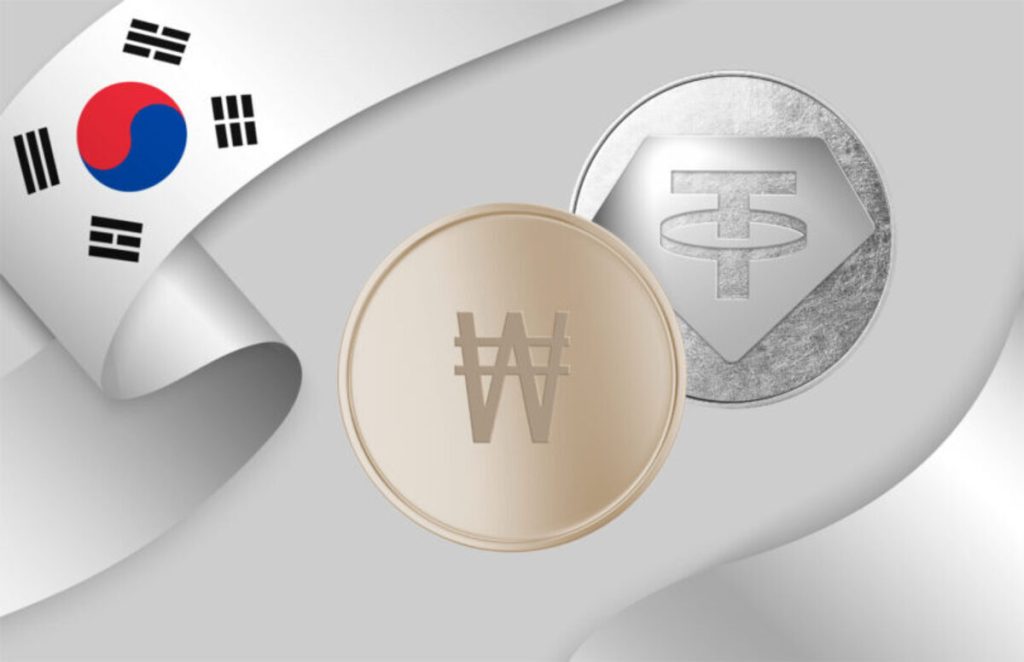- BOK proposes mandatory central bank deposits for stablecoin reserves to curb risks and protect users.
- Stablecoin issuer profits may shrink as reserves earn only policy-rate returns.
- Korea’s stablecoin bill due in October may limit issuance to bank-led consortia.
South Korea’s central bank has called for stronger controls on won-denominated stablecoins, recommending that issuers deposit their reserve assets directly with the Bank of Korea. Officials argued that this approach would reduce systemic risks, prevent excessive money supply growth outside central bank oversight, and ensure public ownership of seigniorage. The move comes as lawmakers prepare to review the country’s first legislative proposal on stablecoins, expected later this month. Regulators are now weighing how to balance financial innovation with stability in the digital payments sector.
Central Bank Push for Mandatory Deposits
The central bank indicated that mandatory reserve deposits were to be looked into in case of need according to documents reported to the national assembly finance committee by the bank of Korea. It asserted that the issuers of stablecoins have the gains of investing the reserves in safe assets like government bonds, which generate returns like seigniorage. These profits would be capped at policy rate levels by putting back reserves in central bank deposits, making the issuance of non-bank stablecoins less economical.
The bank of Korea used the U.S. Federal reserve as a benchmark. The Fed permits authorized issuers to park the reserve assets in the central bank and charges an interest on the assets at the policy rate. Nevertheless, the Fed does not set any compulsory requirements, as there is already an existing system of oversight that regulates systemic risks. The central bank of the Koreans pointed out that the deposits would offer further protection especially in cushioning the end-users against the effect of a mass redemption, commonly referred to as the coin runs.
Authorities also said that reserves should be managed in accordance with the principle of same function, same risk and same regulation. They claimed that stablecoins are like prepaid deposits and as such, they need to have equal regulations. Although they recommended that the entire amount of its issue should be covered by reserve resources, they made it clear that not all the money should always be deposited with the central bank.
October Bill to Define Stablecoin Framework
Another suggestion suggested by the Bank of Korea was the creation of a policy consultative body to monitor the reserve assets composition. This council would decide on the ratio of cash equivalents to be maintained and the definition of instruments eligible. It observed that legislators could leave to a presidential decree the detailed provisions in order to pay flexibility.
The central bank insisted that the early issuance of stablecoins based on won needed to be by bank consortia with good compliance capacity. It advised that enabling non-bank entities to take the lead would be susceptible to regulatory arbitrage and risks of financial restructuring of the industry.
In the meantime, the Financial Services Commission is on the verge of releasing the first draft of its legislation on won-pegged stablecoins in October. Democratic Party lawmaker, Park Min-kyu, confirmed that the draft would be presented in the National Assembly this month. When enacted, the bill will give Korea a regulatory baseline on stablecoins, which would be in line with the international efforts aimed at integrating digital currencies into the current financial systems.
Disclaimer
The content shared on KryptoVaultDaily is for informational purposes only and does not constitute financial or trading advice. We do not offer guarantees and assume no responsibility for investment decisions based on the material provided. Always research and seek guidance from a licensed financial advisor before trading cryptocurrency or investing.

